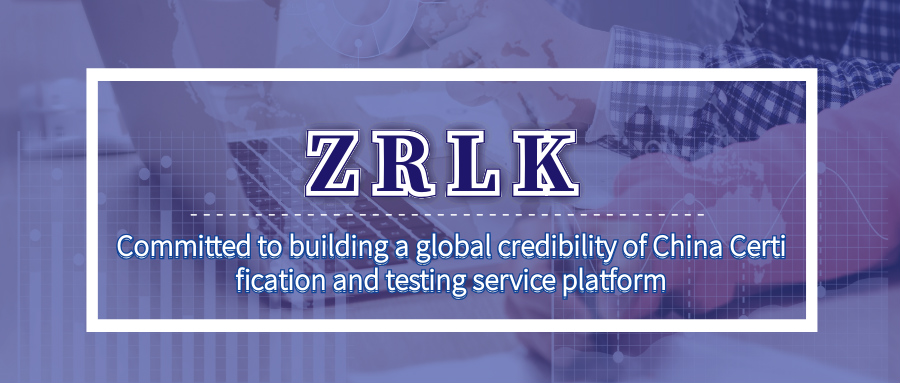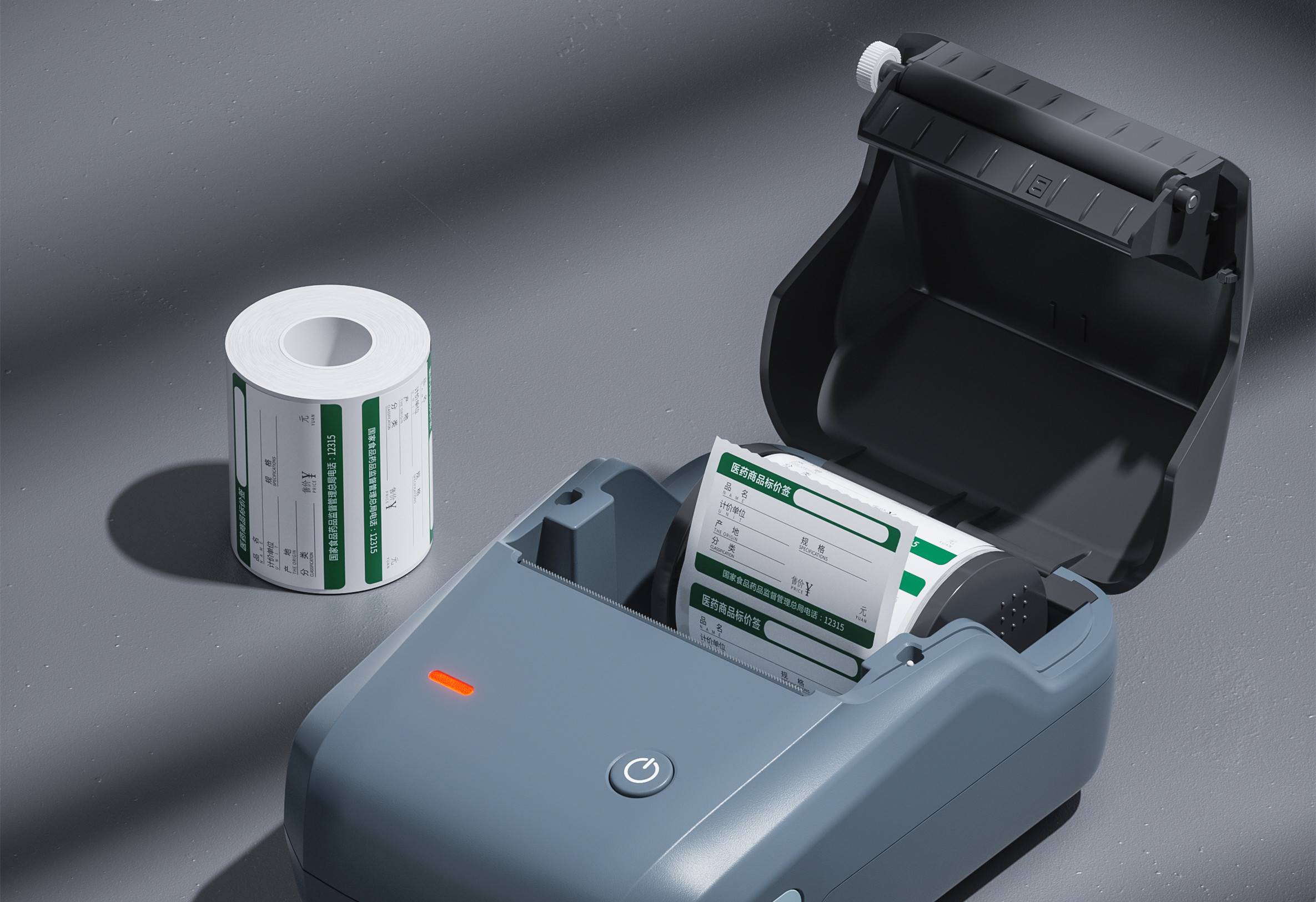
Project Introduction
The battery may contain contaminants such as lead, cadmium, mercury, acid, alkali, etc. When it is discarded arbitrarily in the environment, it will cause different degrees of harm to the human body and the ecological environment. Therefore, the restriction of harmful substances in batteries, recycling treatment and recycling of used batteries have received wide attention from the society. More and more countries have also formulated and implemented relevant policies and regulations to control harmful substances in batteries.

Label printers entering the Brazilian market, ANATEL certification is an essential passport! It is the recognition of the Brazilian Telecommunications Authority for the safety and compliance of electronic products, without which products cannot be legally sold.

SRRC certification is not only a guarantee of product compliance, but also a key to opening up the market.

FCC ID certification is a mandatory certification for electronic products by the Federal Communications Commission (FCC) in the United States, and it is essential for label printers to obtain this certification.
The battery may contain contaminants such as lead, cadmium, mercury, acid, alkali, etc. When it is discarded arbitrarily in the environment, it will cause different degrees of harm to the human body and the ecological environment.
Get a quote